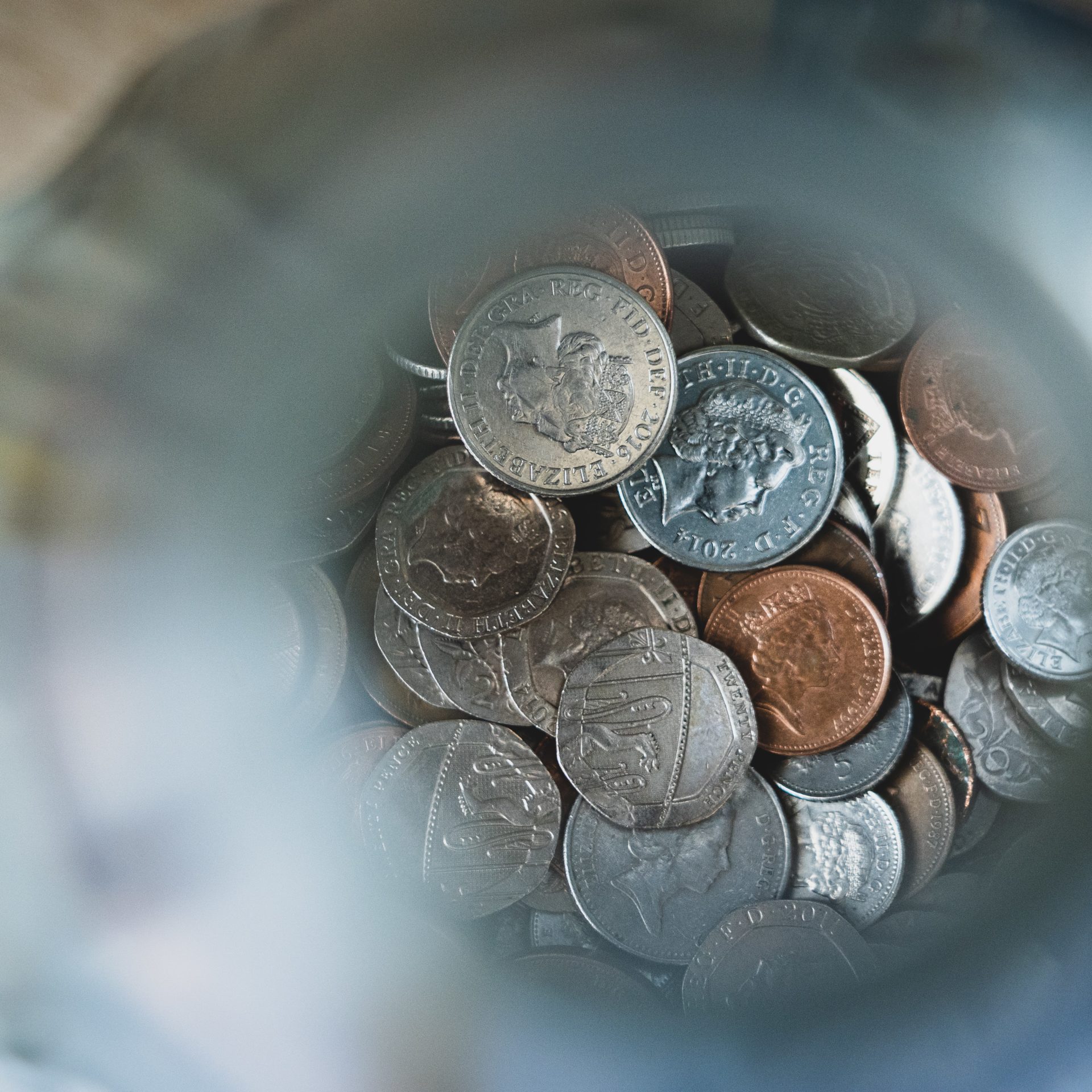
January is a strange month. For some, it’s filled with optimism. A new year signalling a chance to reset, set goals and to look forward to any exciting year ahead. For others, January is the worst month of the year. In fact, some marketers dubbed Monday ‘Blue Monday’ – the ‘most depressing day of the year’. While scientific merits of the ‘calculation’ used to determine Blue Monday are questionable at best, there is a sensible enough logic behind it. For many this week represents the long wait until pay day with the early Christmas payslip a distant memory, you’ve had enough time to start faltering on your new year’s resolutions, its dark at 5pm and even when it is daylight hours its absolutely freezing. Oh, and it’s a Monday.
Last January the UK was tackling the Omicron variant, Russia was preparing to invade Ukraine and Boris Johnson was seemingly facing a new Partygate accusation every single day. The cost of living was beginning to bite for most with inflation at 5%, with further increases to the energy price cap a looming threat.
It signalled the start of a series of surveys conducted by Savanta on behalf of the BBC measuring public attitudes towards the cost of living. The latest data, collected in the first of January, paints a pretty bleak picture about how much worse the crisis has got for so many in the last 12 months and how high the level of concern is about the months ahead.
When asked about their current financial situation, four in five (81%) UK adults now report being worried about the cost of living, a rise of 12 percentage points since January 2022 (69%). Among those who are worried, two thirds (67%) say it is having a negative impact on their mental health, up 9 points in the last year (58%).
While UK adults last January were fairly evenly divided on whether they expected their financial situation to get better or worse in the next six months (24% and 30%) respectively, this January respondents are more than twice as likely to say ‘get worse’ (44% vs. 18% who say better).
However, while situation is still desperate for many, there are some signs of small improvements since the last wave of the research in the autumn which was conducted during the height of the fallout from Liz Truss and Kwasi Kwarteng’s mini-budget but prior to their respective resignations
The percentage of respondents reporting being worried about the cost of living has dropped 4 percentage points since October and the proportion who expect their financial situation to get worse in the next 6 months has dropped by 12 percentage points from more than half (44%, previously 56%).
Time will tell whether these results simply represent the UK pulling itself up from rock bottom to hovering slightly above or a greater trust in Rishi Sunak’s economic management and ability to steady the ship. The Conservative Party will hope it is the latter and that this isn’t just another case of new year’s optimism that doesn’t last.
Methodology: Savanta interviewed 4,187 UK adults online from 4th to 6th January 2023. Data were weighted to be demographically representative of UK adults by age, gender, region and socio-economic grade. Savanta ComRes is a member of the British Polling Council and abides by its rules.
Savanta previously interviewed:
- 2,171 UK adults online from 14th to 16th January 2022
- 4,011 UK adults online from 8th to 10th June 2022
- 4,132 UK adults online from 5th to 10th October 2022




